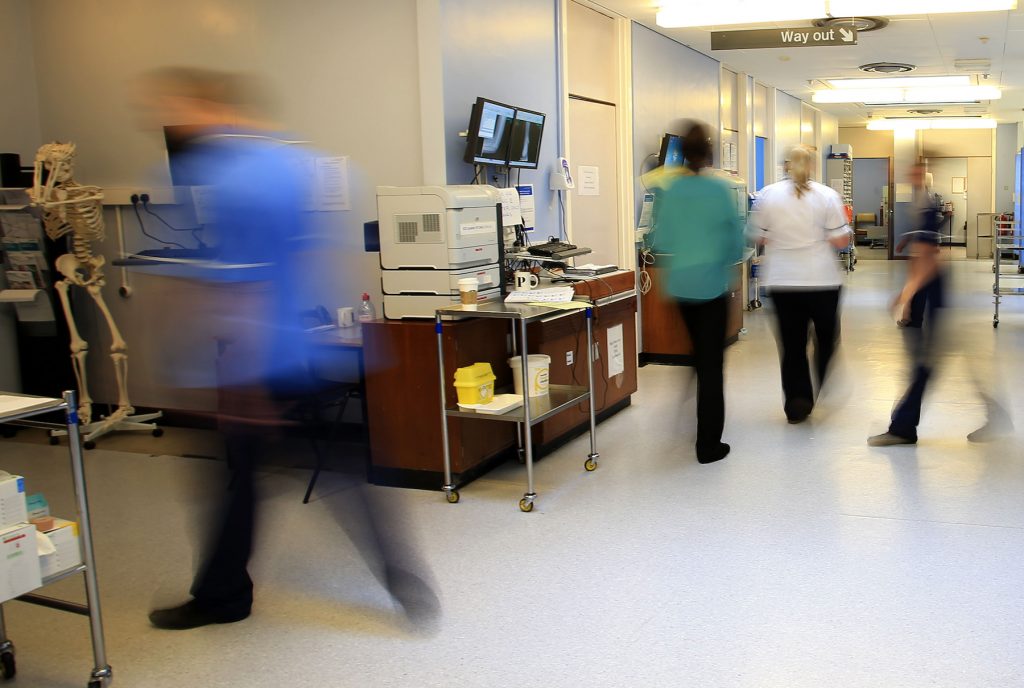Behind the scenes, when they're not talking about Brexit, politicians are debating how exactly Theresa May is going to make good on her promise for a long-term NHS funding plan.
Two think-tanks released a report today saying things they're not gonna want to hear: it's gonna take £2,000 more a year from each household.
What it means: Back in the 1990s, NHS funding grew at about 4% a year. In the early 2000s, it was almost 6%. Since the Conservatives came back into power, it's been around 2% – that's because of 'austerity', the policy of spending as little as possible from government to try and get rid of debt.
The Treasury (aka money-decision-makers of gov) want to stick to their 2% average – but according to this new report, it's not a question of how efficiently the money is being spent. With an ageing population and a rising number of people with long-term health conditions, it's that we just don't have enough.
They recommend an increase of on average 4% a year in spending, and say they can't think of anywhere it could come from other than income tax – which means an average of £2,000 per household per year, to keep the NHS from "treading water".


